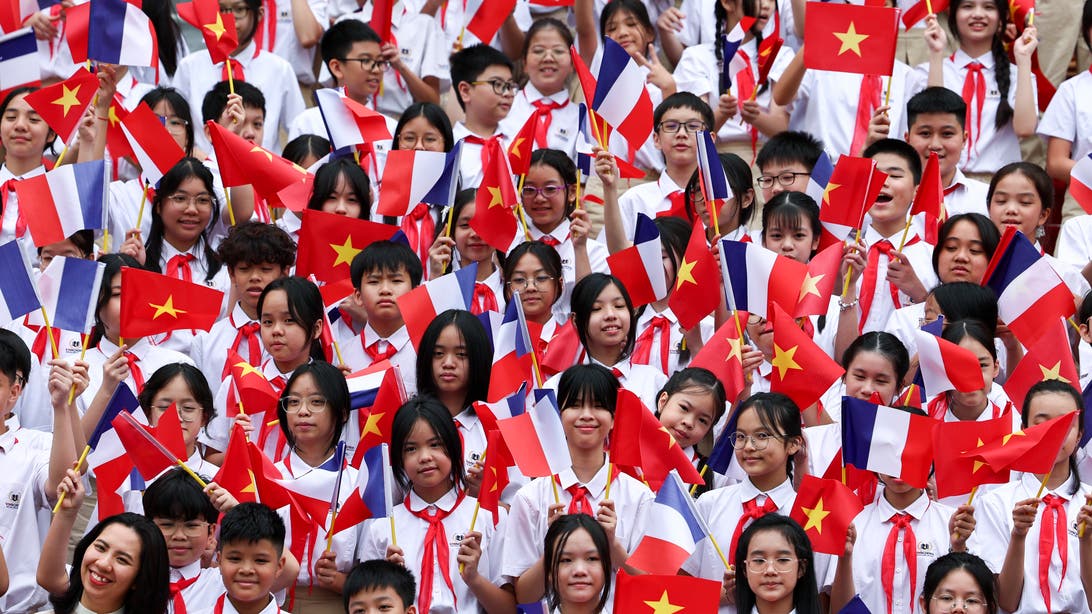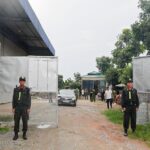Vietnam has scrapped its long-standing two-child policy as birth rates fall and its population ages
Vietnam has abolished its long-standing two-child limit on Tuesday to try and reverse declining birth rates and ease the pressures of an aging population.
The passed amendments scrapping rules that limit families to having one or two children, state media reported on Wednesday.
Families are having fewer children than ever before. The birth rate in 2021 was 2.11 children per woman, just over the replacement rate required for a population to avoid shrinking over the long term. Since then, the birth rate has steadily declined: to 2.01 in 2022, 1.96 in 2023 and 1.91 in 2024.
Vietnam isn’t the only Asian country with low fertility. But, unlike Japan, South Korea or Singapore, it is still a developing economy.
A 37-year-old marketing manager in Vietnam’s capital said that she and her husband decided to have only one child because they wanted to ensure that they could give their 6-year-old son the best education and upbringing that they could afford.
“Sometimes, I think about having another child so my son can have a sibling, but there’s so much financial and time pressure if you have another child.”
Vietnam introduced rules blocking families from having more than two children in 1988, with the idea that women would spend less time on childcare and more time working.
Vietnam’s “golden population” period — when working age people outnumber those who depend on them — began in 2007 and is expected to last until 2039. The number of people who can work is likely to peak in 2042 and, by 2054, the population may start shrinking. All of this could make it harder to grow the economy, since there will be fewer workers while the cost of supporting the needs of the elderly grows.
Birth rates in Vietnam aren’t falling evenly. In Ho Chi Minh City — the country’s biggest city and economic hub — the fertility rate in 2024 was just 1.39 children per woman, much lower than the national average. At the same time, nearly 12% of the city’s population was over 60, putting pressure on welfare services. To help, local officials started offering about $120 to women who have two children before turning 35 last December.
Vietnam is also dealing with an unbalanced gender ratio, partly because due long-standing preferences for sons.
Doctors aren’t allowed to tell parents the baby’s sex before birth, and sex-selective abortions are banned.
On Tuesday, the health ministry proposed tripling the fine for choosing a baby’s sex before birth to $3,800, state media reported.
Imposed a one-child policy in 1979 amid worries about overpopulation. But as the country faces growing concerns about the long-term economic and societal challenges of an aging population, it has been slowly easing the policy to allow a second child and then a third child in 2021, but with little success at boosting birthrates.






